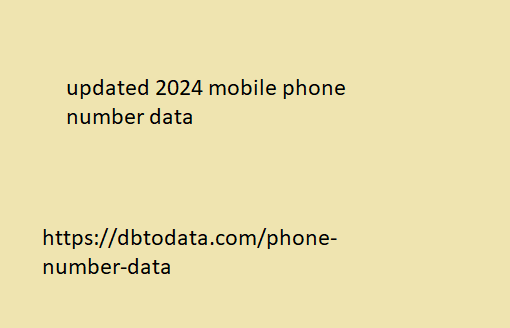Enjoying good visibility on search engines: this is the main objective of all companies that want to make themselves known. However, it happens that some want to be forgotten on Google because of a inglorious past published on the internet: scandal, controversy, communication error… Hence the interest of dereferencing to better control its image online.
Table of Contents
What is delisting? How does it work? Who should you contact for delisting services? We tell you everything in this article!
The right to digital oblivion: a law passed in 2014
In May 2014, the Court of Justice of the European Union (CJEU) issued an order that allows any Internet user to claim a “ right to be forgotten digitally ”.
The decree stipulates that an Internet user can free himself from his digital affiliations (i.e. dereference the information linked to his identity) if he so requests. Provided that the content published on the Internet is offensive or embarrassing concerning his private life.
Currently, SERPS do not necessarily know how to differentiate between official information and fake news. Thus, it is relatively easy to destroy the reputation of a brand or a person by publishing an insulting article likely to lead to bad buzz .
Thanks to this law in favor of the right to be forgotten, everyone (or almost) can demand the dereferencing of information that harms them.
Good to know:
It is more complicated for a public figure (an actor or a politician) to resort to the right to digital oblivion.
How to dereference information that tarnishes your online reputation?
Defamatory content , dissemination of personal information , fake news , sensitive data … there are several reasons that can the benefits of local seo: 3 ways to grow business justify delisting. To do this, simply fill out online forms:
- Click here for Google delisting
- And there for the Bing dereferencing
Good to know:
If you want to “clean up” your online reputation, you can also try contacting the site’s manager to have them remove the content that is damaging to you.
Unfortunately, 70% of requests are refused by search engines.
From a legal point of view, anyone canada email lead can therefore demand the removal of inconvenient content. Unfortunately, more than 70% of requests are refused by the SERPS . Google, for example, has rejected deindexing in most cases.
If the withdrawal request is declined, there are other solutions. In France, for example, the complaining party can appeal to the CNIL, then to the courts.






